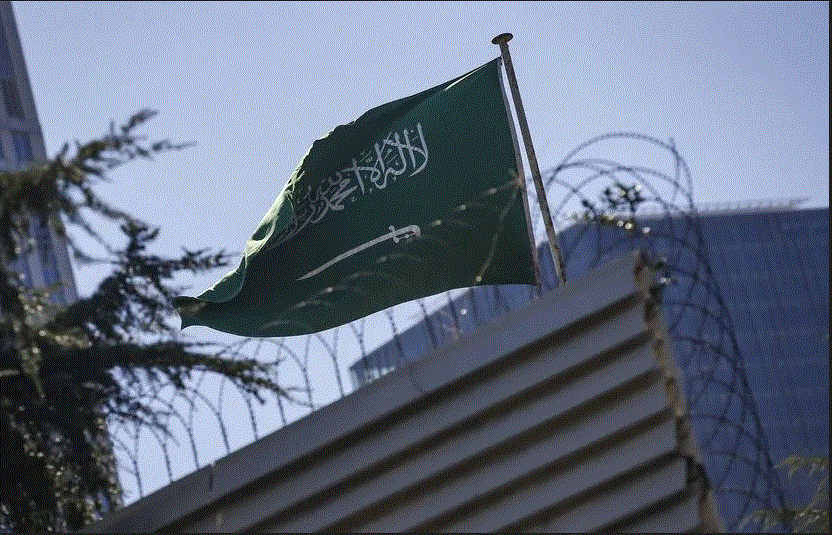The International Convention for the Protection of All Persons from Enforced Disappearance (ICPPED) defines “enforced disappearance” as “the arrest, detention, abduction or any other form of deprivation of liberty by agents of the State or by persons or groups of persons acting with the authorisation, support or acquiescence of the State, followed by a refusal to acknowledge the deprivation of liberty or by concealment of the fate or whereabouts of the disappeared person, which places such a person outside the protection of the law.” Despite the existence of this international framework, Saudi Arabia has not ratified the Convention and continues to engage in systematic enforced disappearances, mainly targeting individuals exercising their right to free speech.
In Saudi Arabia, the forceful disappearance of activists persists as a grave violation of human rights. In 2023, a concerning shift in this pattern emerged, with a focus on detainees who were supposed to be released, specifically human rights defenders, hidden without any information for over a year. Since 2017, the kingdom has intensified its repressive policies, persistently ignoring international criticisms. Families of victims are often left in the dark about the fate of their relatives, as they are deprived of communication rights and legal representation.
In many cases, after a forced disappearance that lasts for hours or days, officials at General Investigation Prisons allow the disappeared person a brief contact to inform his family of his whereabouts, only to return and disappear for periods lasting a year or more, during which he is tortured and denied the right to communicate with the outside world or access a lawyer. In other cases, most families of the victims are unaware of the fate of their relatives; enforced disappearance extends without any information about the victim’s whereabouts or the reason for the arrest for months or years, with them being deprived of the right to communicate with them and have no access to a lawyer.
Activists such as Turki al-Jasser, Saud bin Ghosn, Ahmed al-Muzaini, Mohammed al-Qahtani, Mohammed al-Bajadi, Issa al-Hamid, and Abdulrahman al-Sadhan as examples of the methods that the Kingdom has resorted to to silence political activism.
Mohammed al-Qahtani serves as a crucial instance. On 22 November 2022, Mohammed al-Qahtani had to be released after the ten years of questionable sentence he received. However, since October 2022, Saudi Arabian authorities have refused to give information about him despite the expiration of his sentence. Despite al-Qahtani’s wife making several inquiries about him to al-Ha’ir prison, where al-Qahtani was serving his sentence, prison officers continued to refuse to disclose any information about him. The refusal of his release makes this a case of enforced disappearance for which Saudi Arabia has been called responsible at different times.
The urgency of the situation demands a resolute call upon the Saudi authorities to cease the practice of enforced disappearance promptly and, with immediate effect, disclose the whereabouts of individuals who have been forcibly disappeared. Furthermore, Saudi authorities must take a substantial step towards aligning with international norms by ratifying and adhering to the UN ICPPED.

